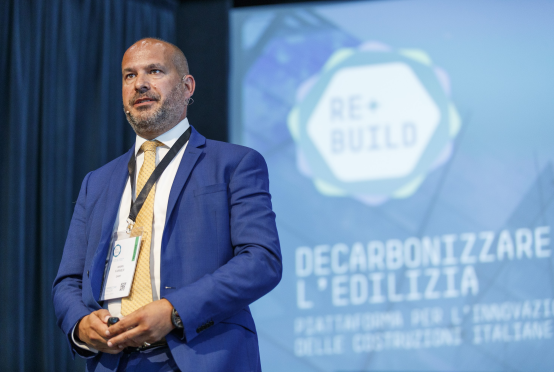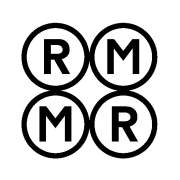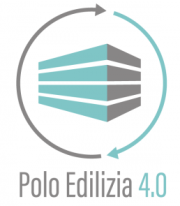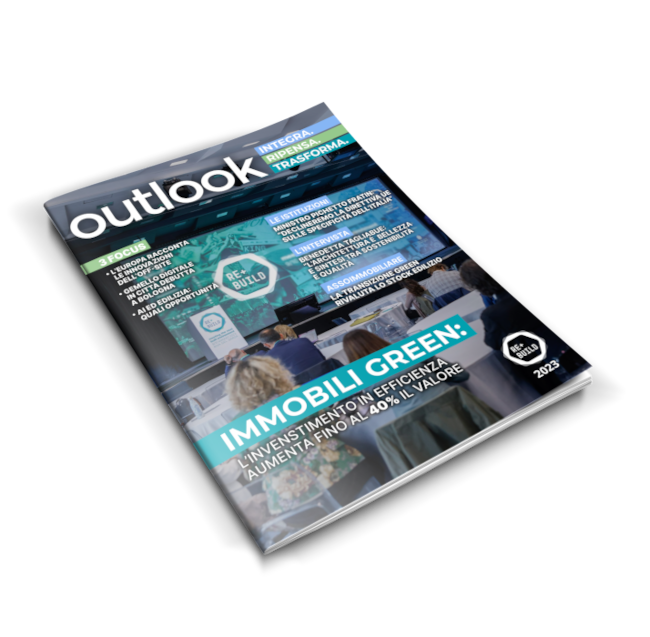Thursday, May 17, 2018
Mark Farmer will also take part in the closing plenary session of REbuild. Farmer, an entrepreneur with over 27 years of experience in the real estate and construction industry, known for his report “Modernise or Die,” commissioned by the British government. His personal experience and an in-depth analysis have enabled Farmer to identify a “fil rouge” that links all the problems of the construction sector: resistance to change. So how do we get out of the situation? Here is a short preview of his talk.
At the end of 2016, “Modernise or Die” shook up the construction industry in the UK. Why did you write a report with such a dramatic title?
Preparing this report was obvious from my point of view, as we are dealing with issues that are unprecedented for the UK construction industry. There has been much discussion about the long-term systemic shortcomings in the sector, but not necessarily about the new structural deterioration risks, largely related to the size, productivity and future capabilities of the workforce. The decision to use a dramatic title in the report was absolutely intentional: a sort of wake-up call for the sector, so that it can decide whether it wants to continue as it has always done or find a new and better way of doing business.
How is the UK construction industry moving? Is it recovering from the productivity gap?
As already stated in my report, any major strategic change programme in the construction industry will be like "changing the route of an oil tanker" and will have a time horizon of 5-10 years. In the 18 months following the publication of my report, changes have occurred, and we will see the results in the medium to long term. The British government has addressed issues such as industrial strategy and housing policy, which will support the modernisation of the sector. There has also been a growing awareness among the most progressive companies in the private sector that if they do not adapt to change they risk financial oblivion. The failure in January 2018 of Carillion, the second largest UK general contractor, has accelerated the discussion on how operating models must change.
Are you following this process in other countries (New Zealand, for example)? Do you see an international trend for the sector? Are all countries facing the same problem? Are the solutions the same in every country?
Worldwide, according to my survey, the construction sector has some generic problems that are repeated, although in different markets. The most obvious is related to the failure to adopt technology and the implementation of a manufacturing approach in its basic production model. For most developed countries, it follows an "analogue" business model, which is human capital intensive, that has low productivity and is highly cyclical, preventing long-term strategy and investments. Governments are realising that in order to have a healthy economy, a healthy building sector is needed; they are therefore trying to better link the most important spending policies and programmes with the improvement of the construction sector. This is what is happening in the UK, it has already happened in Singapore and recently New Zealand is moving in this direction too.
Italy is the second European country for manufacturing production with extraordinary know-how in strategic sectors and a good background in design and architecture. What could Italy's role be in this international scenario?
Italy has the opportunity to exploit the excellence of the manufacturing sector in the construction sector too. Digital design must be linked to industrialised production. Italy has an advantage in this because there is already a culture of precision in design. The challenge will be to implement an industry-wide change programme that includes new procurement models and also has government support.









































































